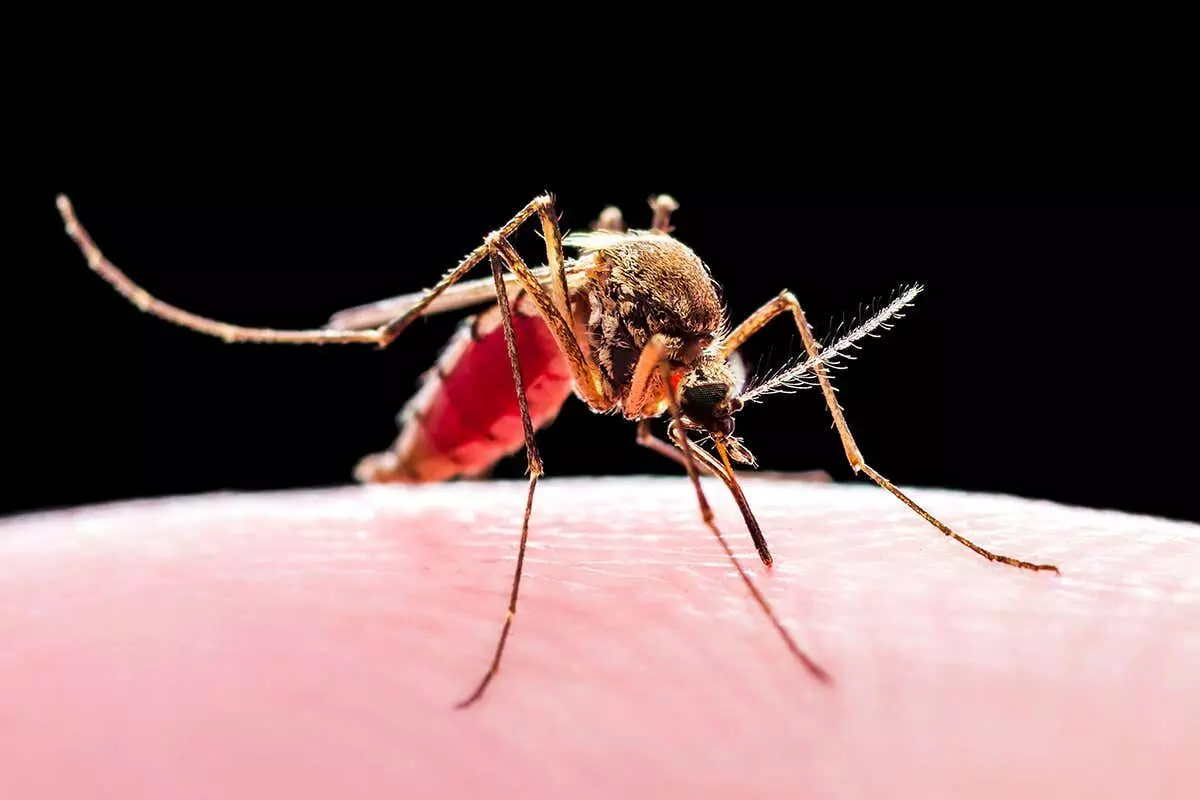
Climate crisis may put 8bn people under malaria, dengue threat: Study
text_fieldsIf greenhouse gas emissions continue to rise, over 8 billion people could be at risk of malaria and dengue fever by 2080.
The rate at which greenhouse gas emissions are right now can affect global temperature and lengthen the transmission seasons by more than a month for malaria and four months for dengue. The study factored various levels of greenhouse gas emissions, population density, and altitude to create the models.
According to the data of the WHO, over 400,000 people are dying of malaria annually, and most of them are children. In 2019, over 90% of 230m cases were in Africa. Eritrea, Sudan, and Colombia have been seeing a significant surge in malaria cases in recent years.
One of the authors, Felipe Je Colon-Gonzalez said that their research strongly suggests that reducing greenhouse gas emissions could prevent millions of people from being infected by malaria and dengue. "Action to limit global temperature increases well below 2C [3.6F] must continue," he added.
A study at the London School of Hygiene and Tropical Medicine has compared the projections with 1970-1999 figures. The authors of the study think that up to 4.7 billion or more people can be exposed to the world's two most prominent mosquito-borne diseases in the next 50 years, said The Guardian report.
Asst. Professor Colón-González insisted that the policymakers and public health officials should get ready for all scenarios, including the ones in which greenhouse gas emissions remain high. "This is particularly important in areas that are currently disease-free and where the health systems are likely to be unprepared for major outbreaks."
Researchers are speculating a population growth of about 4.5 billion over these years. The global temperature is also likely to rise by 3.7C by 2100.
Another author of the study Rachel Lowe said that the findings stress the importance of increased surveillance in potential hotspot areas to monitor the emergence of diseases.
The evolution of the disease and the vector or developments of effective drugs were not considered for the study. Colon-Gonzalez said that controlling mosquito populations and reducing contact with them are the most popular efforts to escape malaria and dengue. However, this is not sustainable in low-income countries.
The study is published in The Lancet Planetary Health journal.






















